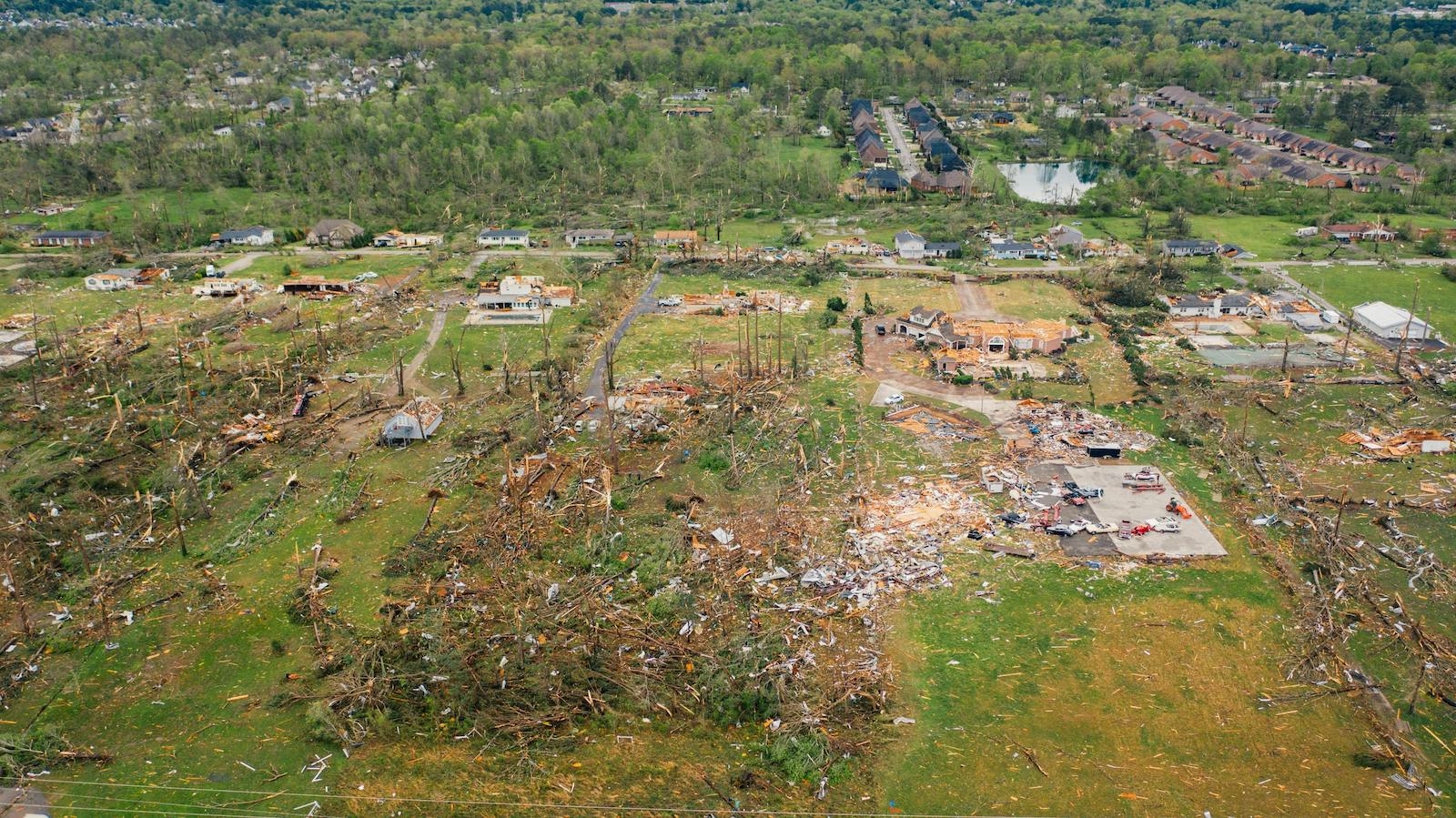- Clarify and document scope of work - Be clear on scope of work with the recovery firm, and make the adjuster part of that conversation. Often, emergency response does not follow the normal protocols of a typical project. There likely won’t be time for detailed estimates, so try to get the adjuster to approve work in real time to avoid second guessing.
- Take a hands-on approach - Your property may still be underwater, but, once access is granted, you must be hands-on. No one should have access to your facility without the presence of a company representative. Assign a property supervisor to the affected site to keep track of who is there and what they are doing. It’s your property and your responsibility. The bigger the loss, the more people coming in and going out, so it is vital to have a company representative onsite to observe and answer questions.
- Audit contractor charges before approving - The first weeks after a loss are chaotic. It’s important for policyholders to put controls in place to monitor activity and to verify that work has been completed to specifications and according to the terms of the agreement. Reimbursable insurance expenses should be separated and audited prior to payment for proper detail and accuracy. This needs to be done efficiently in real time. If you don’t have the resources, this step can be completed by your claim preparation accountants i.e. forensic accountants. Having forensic accountants on your team, along with your technical experts, can let you process this information in the context of insurance recovery. Don’t assume your forensic accountants will automatically audit invoices. Identifying errors or, worse, fraud is critical to avoid delays in payment or project completion.
- Address issues immediately - When the first invoice arrives, insurance companies may act surprised and even deny coverage, especially if the steps above have not been followed. Make sure to get the parties together to discuss the issues. Don’t procrastinate and don’t assume. It is important to be active with any potential discrepancies. The policyholder is responsible if there are unresolved differences. If the adjuster disagrees with the work performed and the invoices are paid, it may be difficult to recover all your expenses. The immediate aftermath of a disaster is stressful and hectic. Preparation and communication can help you weather the storm and minimize unwanted surprises when you’re looking for claim payment.
Harvey: Tips to Avoid Claim Issues
Disaster mitigation and restoration services are critical, but how you manage these services may affect the outcome of your claim.








